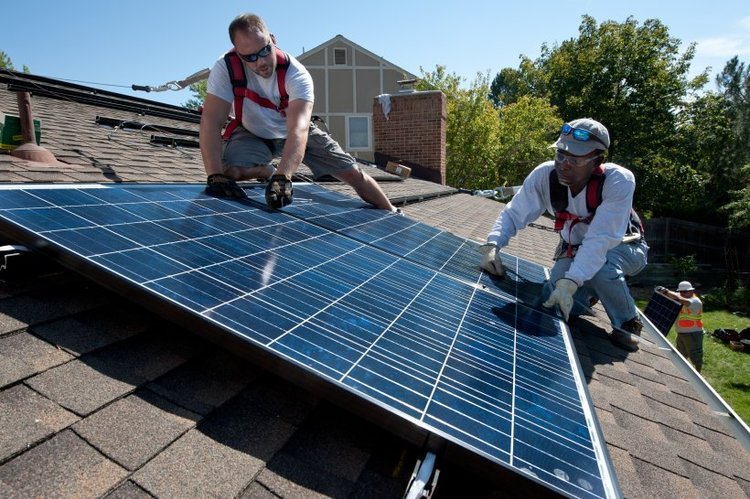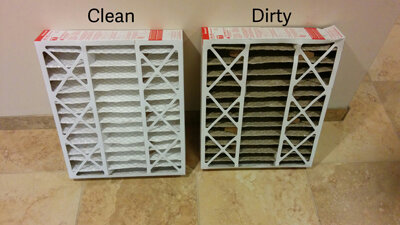
Home Energy Spotlight: Deadline Nears to Combine Federal Tax Credits and Local Incentives for Home Upgrades in Oregon
Time is running out to cut the cost of energy-saving upgrades like insulation, windows and heaters as projects qualifying for cash offers and tax credits must be completed Dec. 31 to qualify for tax credits in 2026.

Smart Upgrades Save Money for Owners of Popular Wasco Restaurant
The Dirty Cowgirl Saloon, a beloved watering hole in Wasco, has made significant improvements to keep diners comfortable year-round. Owner Celeste Jackson and her team have been hard at work upgrading the historic space, ensuring that visitors can enjoy a cold drink and a hot meal comfortably, no matter the weather outside.

New Cash Incentives for Homeowners to Add Solar Battery Storage announced
Homeowners can now receive incentives up to $3,000 for battery storage or up to $10,000 if they meet income guidelines for Energy Trust’s Solar Within Reach program. Learn more here about this latest incentive.

Check out this Data: You can get paid to make your home more comfortable
The new tax credits, together with cash incentives already offered by Energy Trust of Oregon for both electric and natural gas upgrades, mean utility customers in Oregon and Southwest Washington can save more on items and equipment that may lead to a significant reduction in energy costs.

5 tips improve indoor air quality, energy efficiency during wildfires
While fire season is an anxiety-inducing time, Energy Trust of Oregon is offering tips for improving indoor air quality and reducing energy use now, which can help reduce stress later.
